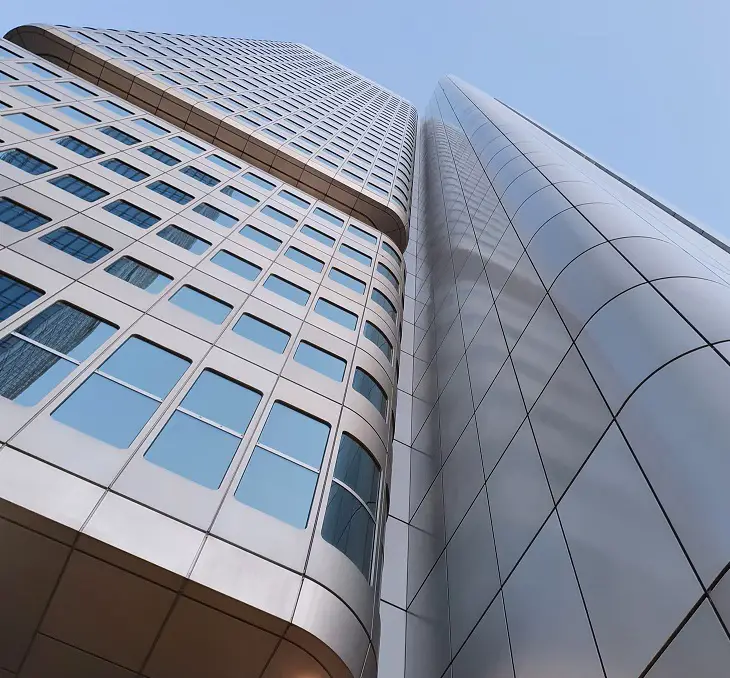Five major financial firms in South Korea have invested 20 trillion won in foreign real estate, and an opposition party senator estimates that they have lost almost 1 trillion won ($749 million).
Yang Kyung-sook of the Democratic Party provided data indicating that Hana Financial Group Inc. had the most exposure, with over 6.2 trillion won invested overseas. The information provided by the corporations in mid-January served as the basis for Yang’s data, which was initially reported by local media outlets such as Yonhap.
Four trillion won has been invested by Shinhan Financial Group Co., Ltd., while 5.7 trillion won has been invested by KB Financial Group Inc. Rounding up the top five in terms of ownership of foreign real estate are Woori Financial Group Inc. and Nonghyup Financial Group Inc.
Due to losses on loans tied to real estate, a branch of one of the largest credit unions in Korea was closed last year, and investors in credit are keeping an eye out for any indications of problems. Earlier this year, Tokyo-based Aozora Bank Ltd. shocked the market by setting aside sizable provisions for bad loans while assuring investors that it was well-prepared, underscoring the possibility that the US commercial real estate collapse would cause problems in Korea.
The value of the five firms’ initial 10.44 trillion won investment, which was used for alternative assets including beneficiary certificates and funds, has decreased to 9.34 trillion won, representing a 10.5% loss, as reported by the Korea Herald and other Korean media outlets.
Shark Tank TV show star Kevin O’Leary has said that the US commercial real estate sector is on the verge of collapse, because although many larger companies have returned to the office following the Covd-19 lockdowns, many smaller companies have not, leaving their office space vacant.
O’Leary said, “Many of these office spaces are in sub-grade markets, but even in cities like Boston, you find lots of vacancies — up to 40% of buildings. The challenge is, in every other real estate cycle when you have a correction — which is about to happen here because of rising rates — we’ve got to refinance these buildings. Many of them have no equity left in them.”
He went on, “What’s unique, that’s just coming onto the radar screen, [is that] most of these cannot be used again as office [space] because the economy has changed. No one saw this coming. But up to 40% of people that work in small businesses don’t return to offices anymore. So we have to repurpose this.”
Of the banks invested in these properties, he said, “These banks are going to fail because up to 40% of their portfolio is in commercial real estate.”

